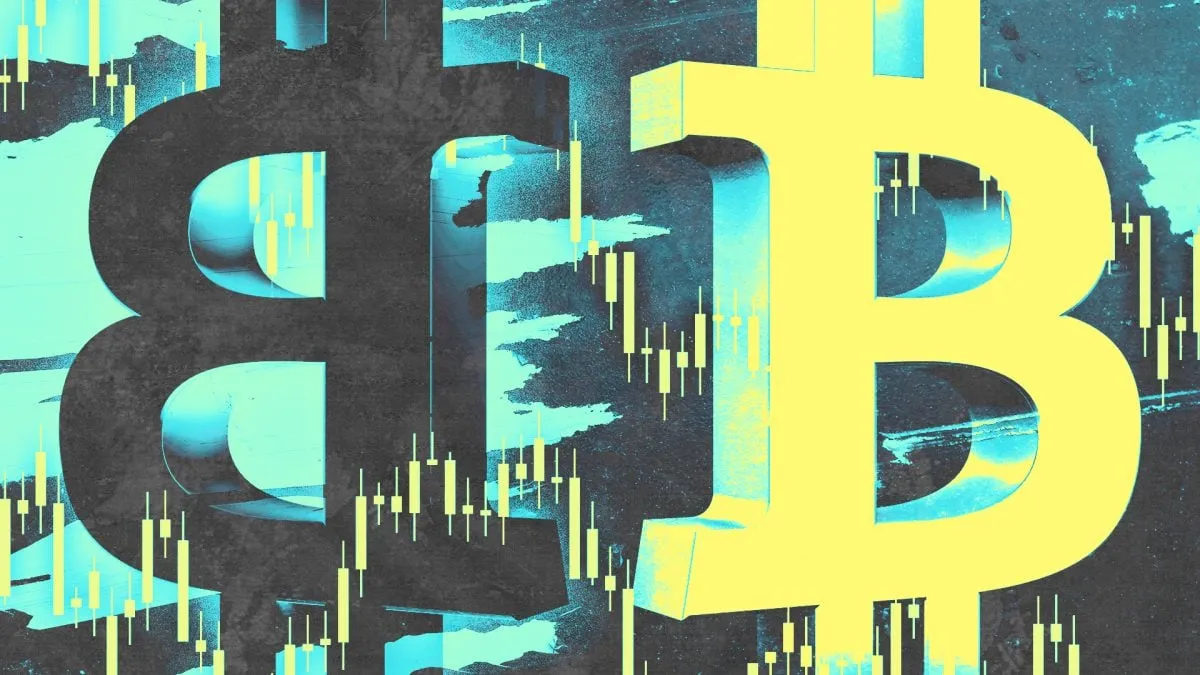Bitcoin Prices Could Rise Amid Risk-On Sentiment with High Demand for Call Options

Singapore-based trading and market-making firm QCP Capital estimates that bitcoin prices could be boosted as risk-on sentiment strengthens amid signs of an improving climate for investors.
"Risk-on sentiment could extend to crypto and gold, pushing bitcoin higher given the strong demand for topside calls," QCP Capital analysts noted in their latest market update. The significant demand for the upper side of the price range for bitcoin call options suggests derivatives traders expect the price to appreciate.
Analysts at London-based trading firm Wintermute stated that this risk-on sentiment stems from a confluence of factors. With an election year approaching and the economy showing promising signs of a soft landing, a potentially favorable climate for investors is taking shape, as evidenced by the S&P 500's recent upward trajectory. This environment is likely to boost various asset classes, including bitcoin.
Traders Exercise Caution Ahead of U.S. Elections
However, QCP Capital’s report highlighted that as November's U.S. election nears, derivatives traders have shown increased interest in bitcoin put options, which indicate bearish expectations, compared to call options.
Further observations reveal a significant difference in the expected volatility of options expiring before and after the election, indicating concerns among traders. "The put-call options skew is in favor of puts in the run-up to the U.S. election, revealing a steep volatility spread between pre-election and post-election expiries," they commented.
Over the past 24 hours, the bitcoin price surged by more than 4%, trading around $60,758 at the time of this report, marking a notable increase in short liquidations. Over $62 million in short positions were liquidated across centralized exchanges, equaling a total of $85 million in liquidated bitcoin positions.
This article was prepared using information from open sources in accordance with the principles of Ethical Policy. The editorial team is not responsible for absolute accuracy, as it relies on data from the sources referenced.